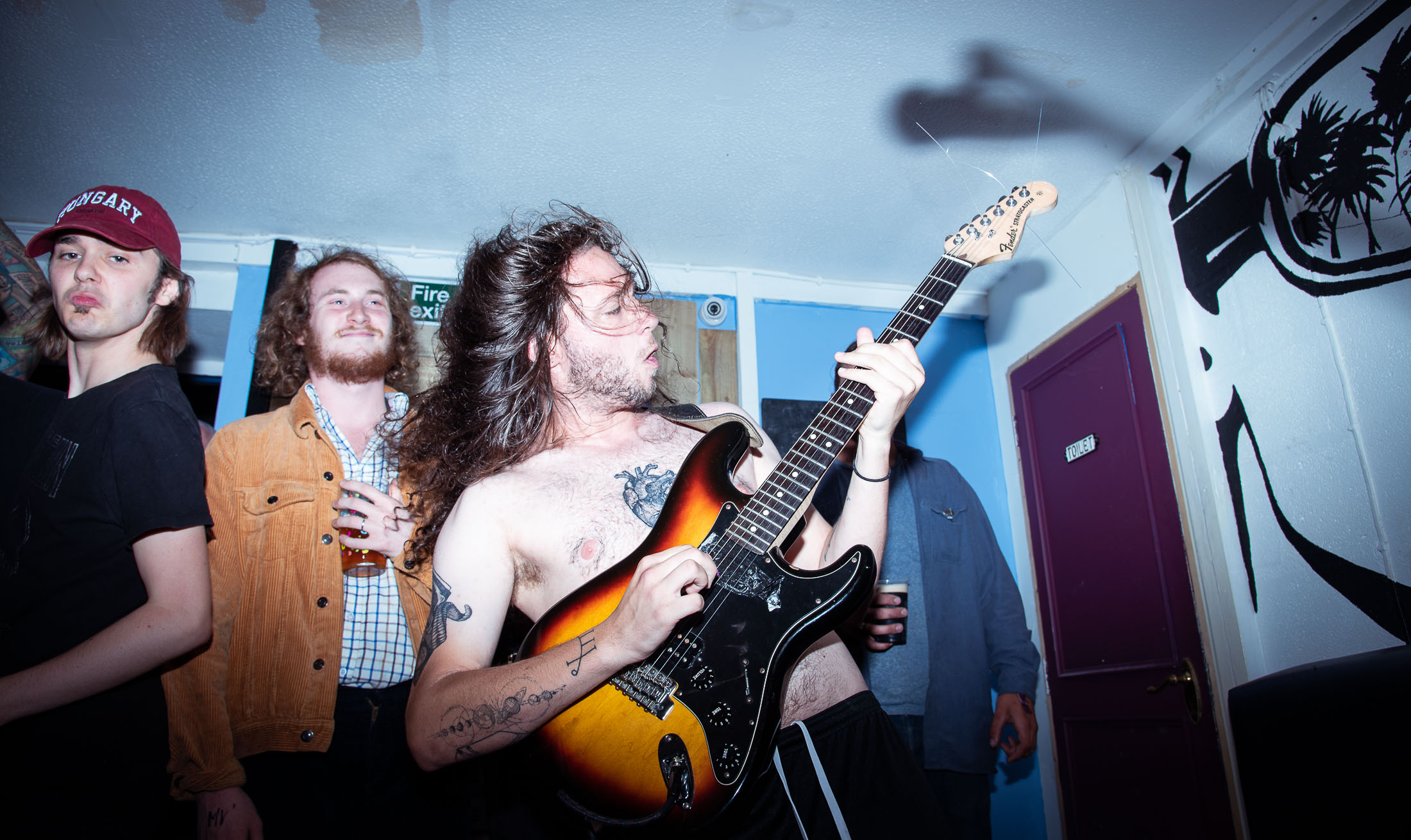How DIY labels decide who to sign
Image credit: Kieran Webber
As an independent artist getting signed by a DIY label could help elevate your music career and get you heard by a wave of new listeners, but how do you DIY labels decide who to sign?
In every corner of the world, within every DIY scene or community, there is normally a DIY label working hard to get their favourite independent artists heard. Normally they’re run by musicians or super passionate music fans, who work tirelessly to get their roster heard, be that via digital or physical releases. Naturally, due to budget and time constraints, labels must decide who to sign based on many variables, some of which we hope to highlight within this article.
When speaking to Beth Shalom Records about who they sign they said: “More often than not we will approach people or mutually seek each other out. We’re in a lovely position where newer artists we work with are friends of another roster band and so we’re already aware of each other worked together in some way whether it be on the live side of things or something else.”
Adding: “We call ourselves a Genre-Fluid Label, so we don’t have any set criteria in terms of genres we like to work in, etc, obviously there are fields we’re maybe not a clued up on but it’s great to learn about how new genres operate too. We always love to see drive in artists and a passion for what they do, we have goals for the label that might stretch over a few years and we’d love to see similar thinking in artists we’re working with.”
It tends to be a boots-on-the-ground situation, proving just how vital live music is to an independent artist. Angus, who runs Double A-Side Records explains: “We tend (in the before-corona-time) to see bands at local shows who we keep in touch with and keep an eye on.” He continues: “We try to have a meeting with bands we like in order to show interest and see what their plans for releases are, other than that we just ask in some cases.”
It’s all about the relationship with DIY labels, and for the most part, it’s a partnership, something which Callum of Copper Feast Records explains: “It goes without saying too that I want to work with people I connect with on a personal level, so I try to meet the bands where I can to sink a few beers and get to know them a bit beforehand, which has really helped set the tone for the project to come and kick start our working relationships with a better understanding of what each party is looking to get out of the project, besides the obvious.”
Adding: “One of the key things we try to do is offer a deal to our artists which are balanced on both sides and give them fair compensation for their work while still allowing us scope to grow and release more music. We offer a fair share of profits on physical releases with our artists which entitles them to half of the profit on a release with no expectation for them to stump up money upfront for a pressing, nor to buy out any unsold stock. Physical records are essentially our only revenue stream, as in these early years of the label, we redirect 100% of digital sales from both Bandcamp and streaming service royalties to the artist without taking a cut on our end.”
Callum brings up an important point as well, something that is being discussed a lot at the moment, the ownership of music. “Regarding master ownership, all our releases are licensed from the artist, with them retaining 100% of the ownership of their records.”
DIY labels are born out of a DIY community and as such will continue to work within it once established. Naturally, it may spread its wings and sign artists on a larger scale but at its core, they’re almost always about the music and musician. I truly believe if they could, DIY labels would sign as many people as they possibly can, but money and time can often be a barrier. However, it’s always worth reaching out to a DIY label, especially if you feel confident in your music. If they see that passion and drive, they’ll most certainly look to get you on their roster.
